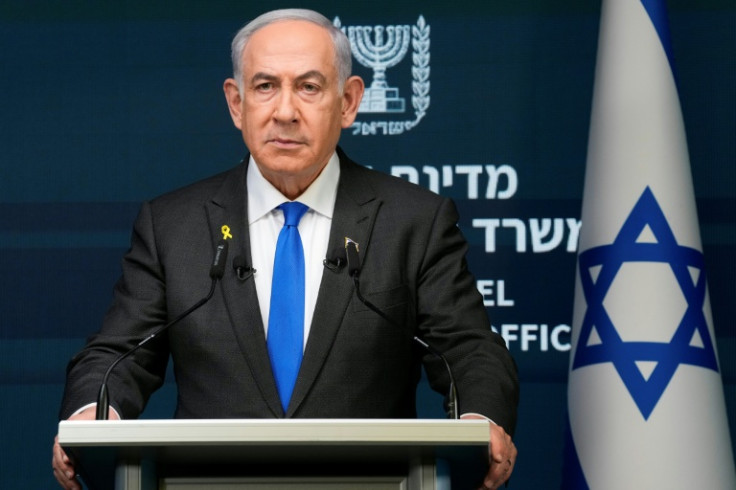Israel States Ceasefire In Gaza Postponed Until Hamas Provides List Of Hostages To Be Released

Israeli Prime Minister Benjamin Netanyahu's office has stated that a ceasefire in Gaza, scheduled to begin this morning, will not take place unless Hamas provides a list of hostages to be released.
A long-anticipated ceasefire for Gaza, which has been the target of a significant military campaign by Israel for the past 15 months, was set to take effect at 8:30am local time today. This ceasefire comes after prolonged efforts to reach an agreement amid ongoing conflict in the region.
Less than an hour before the ceasefire was set to begin, Prime Minister Netanyahu reiterated a warning he had first made the previous day. He emphasized that the deal would not move forward unless Hamas provided a list of three female hostages, who were scheduled to be released on Sunday. This ultimatum came as tensions remained high, and the timing of the ceasefire remained uncertain without confirmation of the hostages' release details.
His office announced, "The prime minister has directed the IDF (Israel Defense Forces) that the ceasefire, which is set to begin at 8:30am, will not commence until Israel receives the list of hostages that Hamas has committed to releasing."
It is expected that Hamas will release the hostages later in return for the release of a significant number of Palestinians held in Israeli prisons. This exchange is seen as the first step in a protracted process designed to de-escalate the conflict and eventually bring an end to the war.
It explained that the delay in submitting the names was due to "technical field reasons" and, in a statement, reassured that it remains fully committed to upholding the ceasefire agreement. Despite the setback, the group emphasized its intention to honor the terms of the deal once the necessary arrangements are in place.

On Sunday morning, the Israeli military launched strikes on "terror targets" in northern and central Gaza, as the disagreement with Hamas led to a delay in the commencement of the ceasefire.
Israeli military spokesperson Rear Admiral Daniel Hagari stated that the army would continue its strikes "inside the Gaza arena" until Hamas adhered to the agreement and fulfilled its responsibilities. He remarked that while the military was fully prepared to enforce the ceasefire, it was also on standby to respond if Hamas breached the terms of the deal.
The deal was approved by Israel's cabinet on Friday night after a significant breakthrough in negotiations, which were mediated by the US, Qatar, and Egypt. This breakthrough was publicly announced on Wednesday. The first phase of the deal would involve the release of 33 of the 98 hostages over the span of six weeks. It is believed that approximately half of the hostages are still alive. The remaining hostages are expected to be released in the second phase of the agreement, which will be negotiated as the first phase progresses. This two-phase process marks a crucial step in efforts to resolve the ongoing conflict and bring about a lasting ceasefire.
In exchange for the release of the hostages, between 990 and 1,650 Palestinian prisoners and detainees will be freed, with the exact number depending on how many hostages are released. The deal also includes provisions for Israeli forces to withdraw from certain positions in Gaza, and Palestinians who had been displaced from northern Gaza will be permitted to return to their homes.
© Copyright IBTimes 2024. All rights reserved.






















